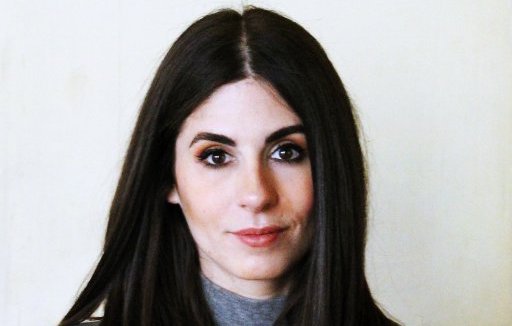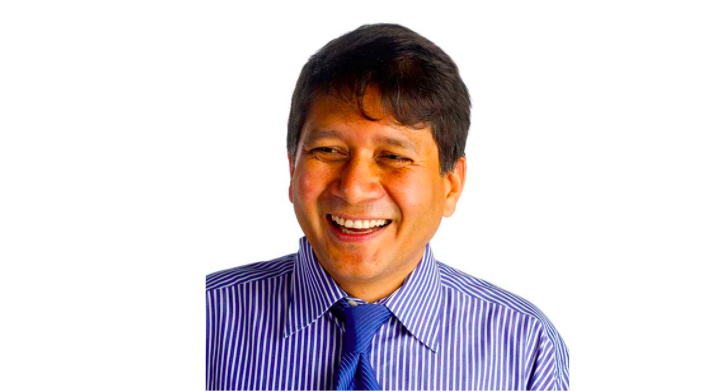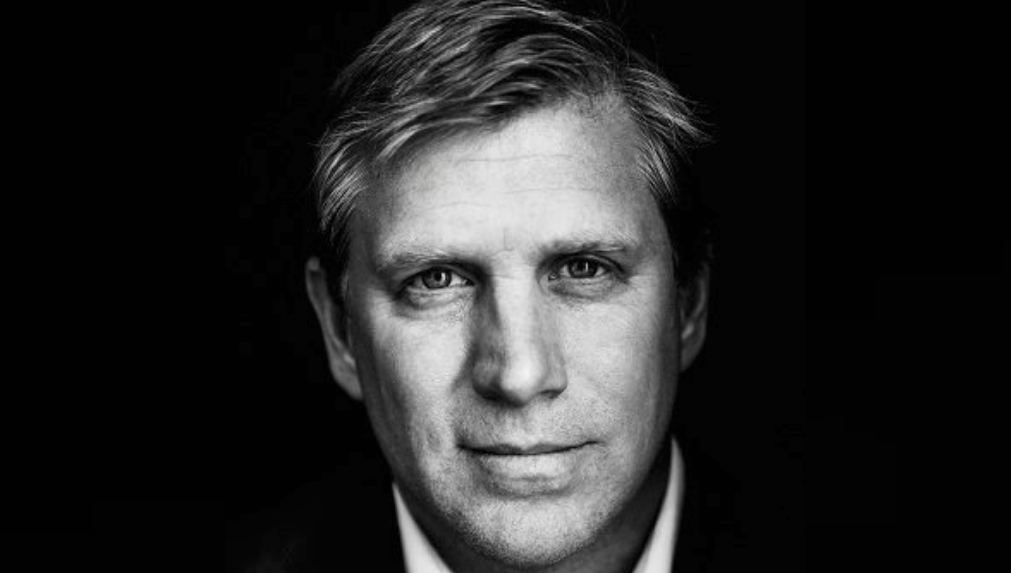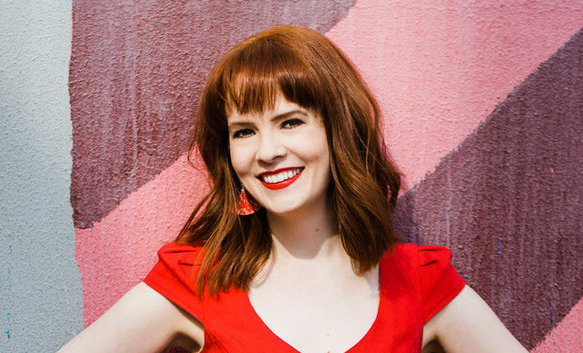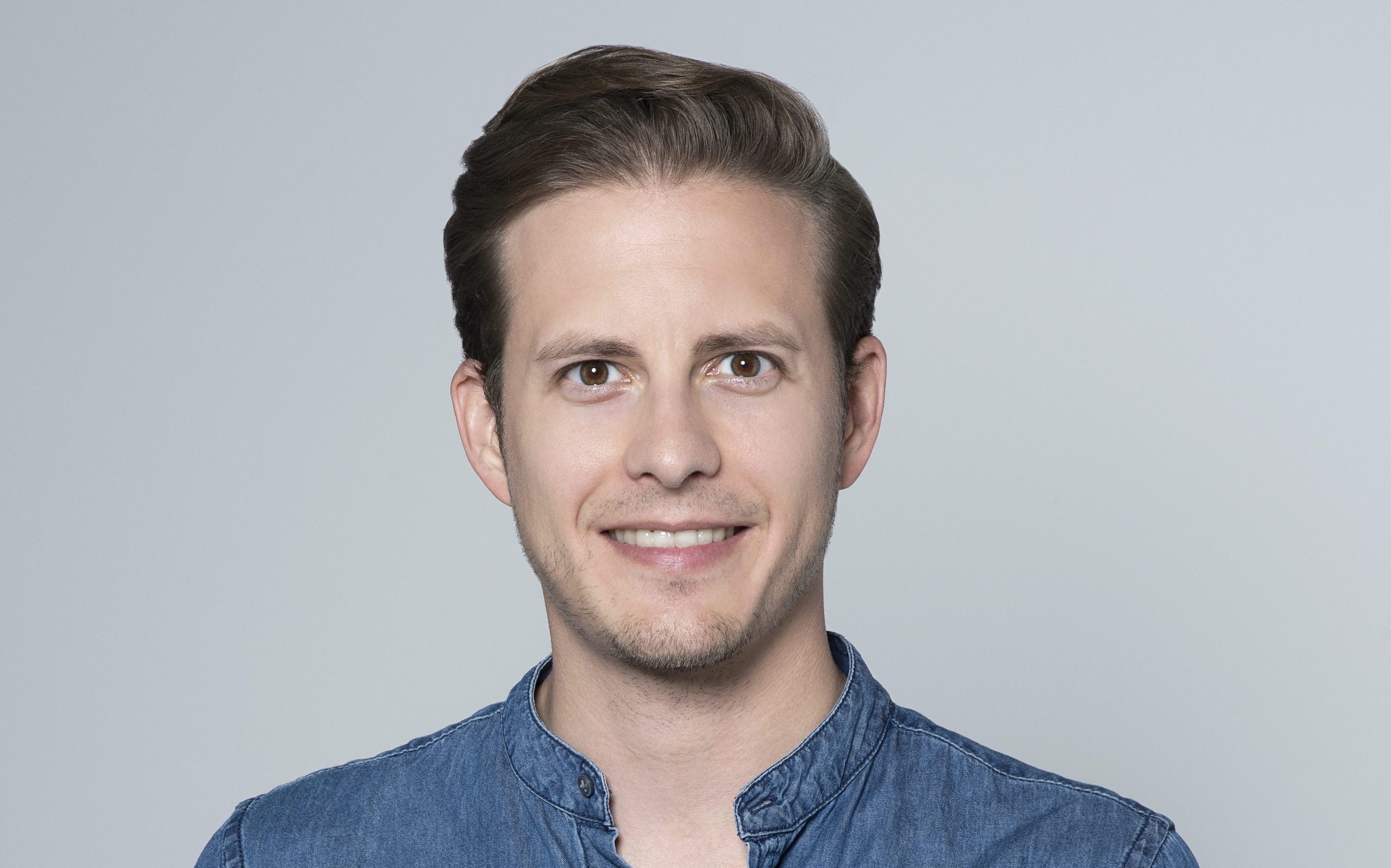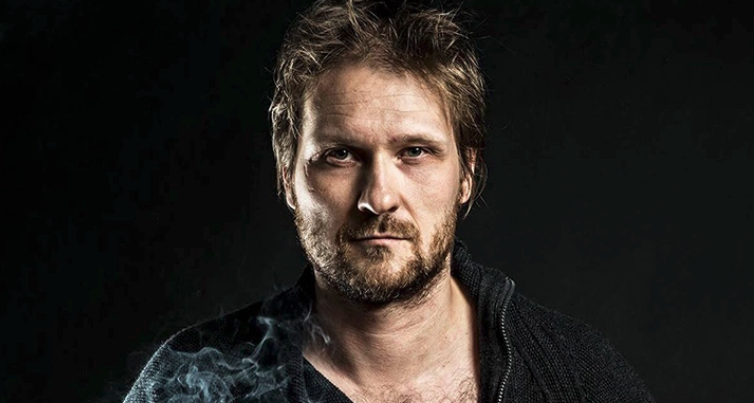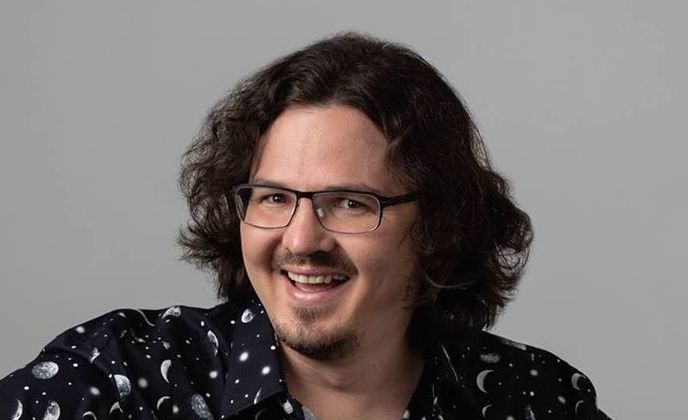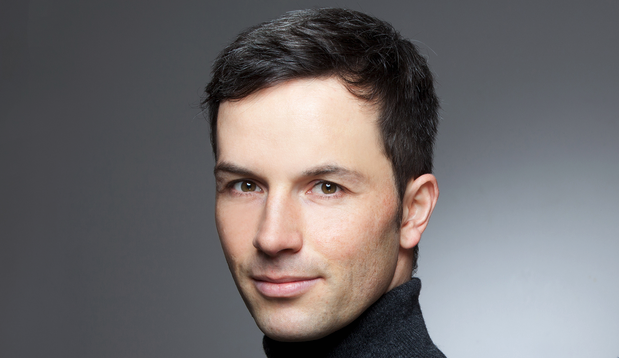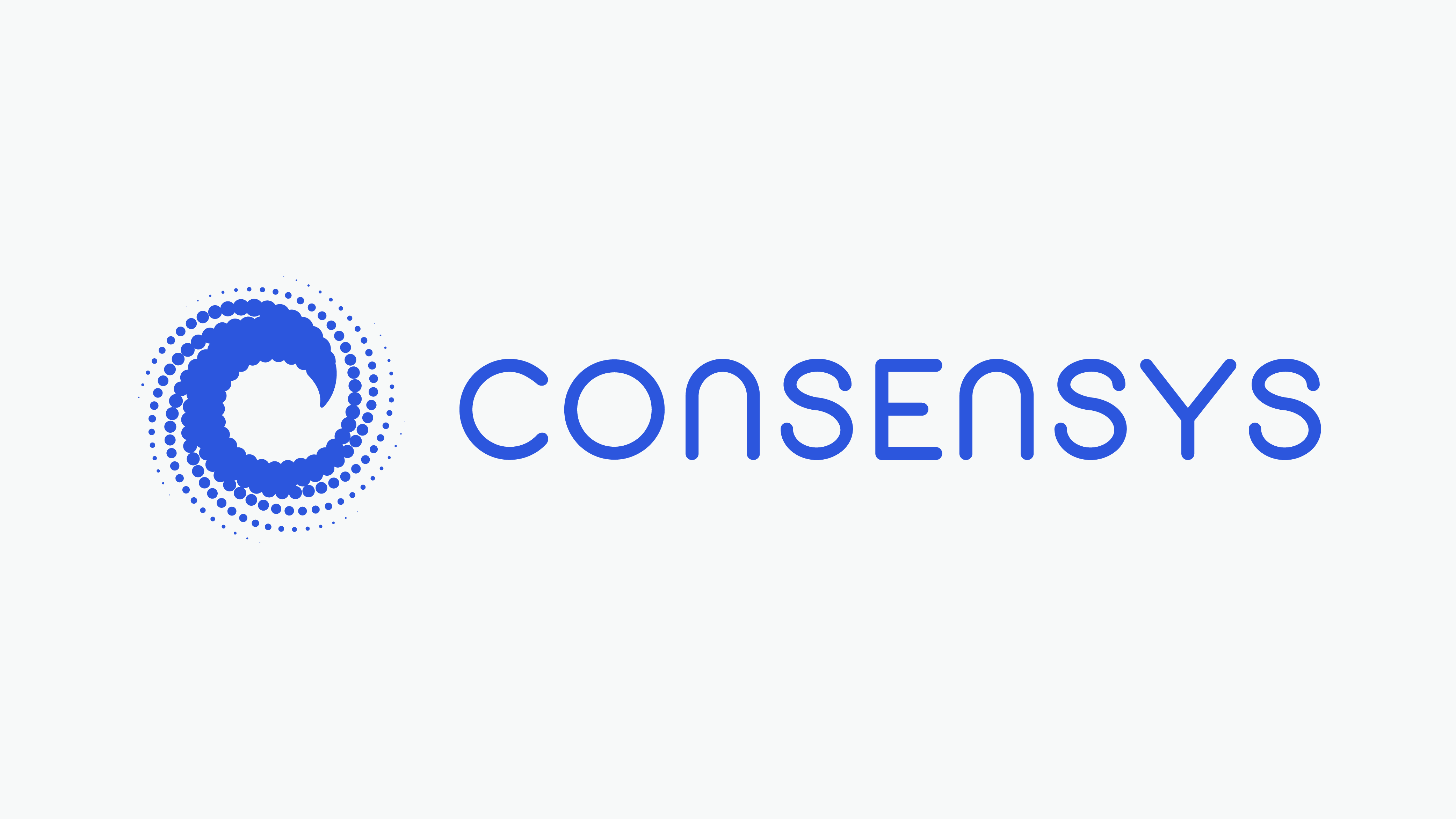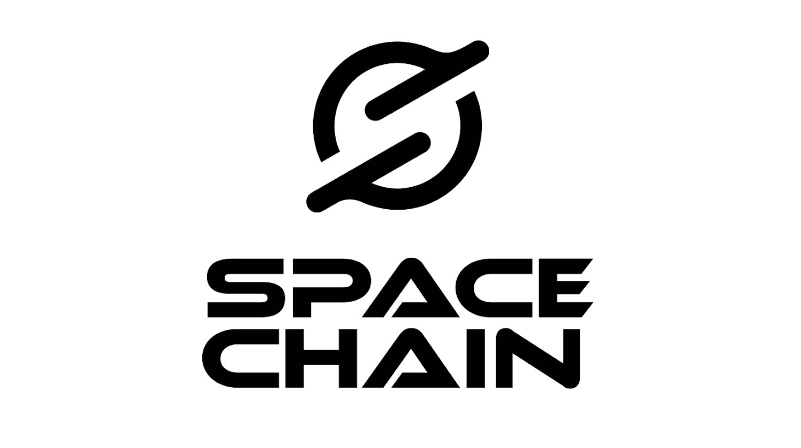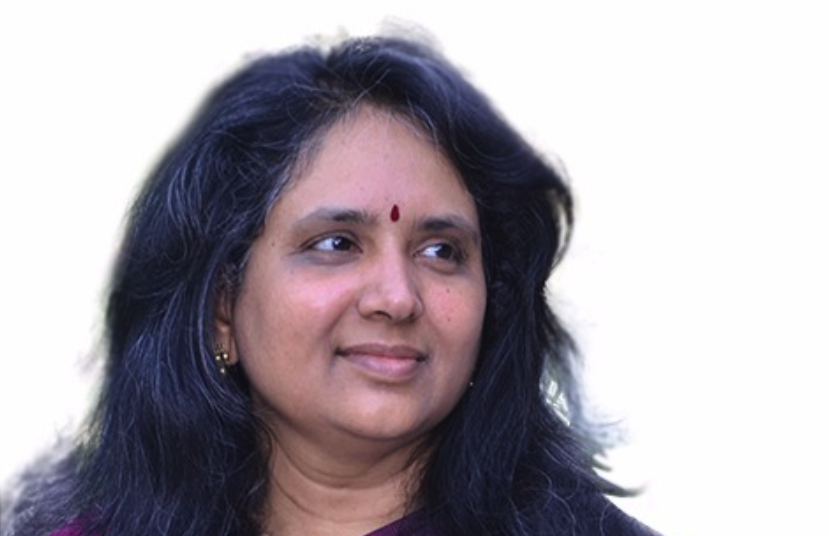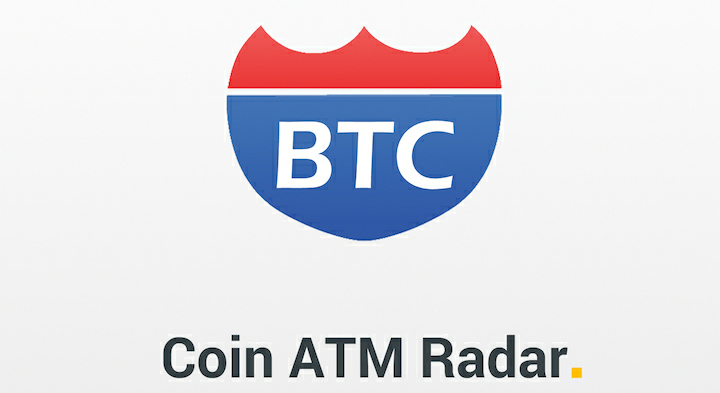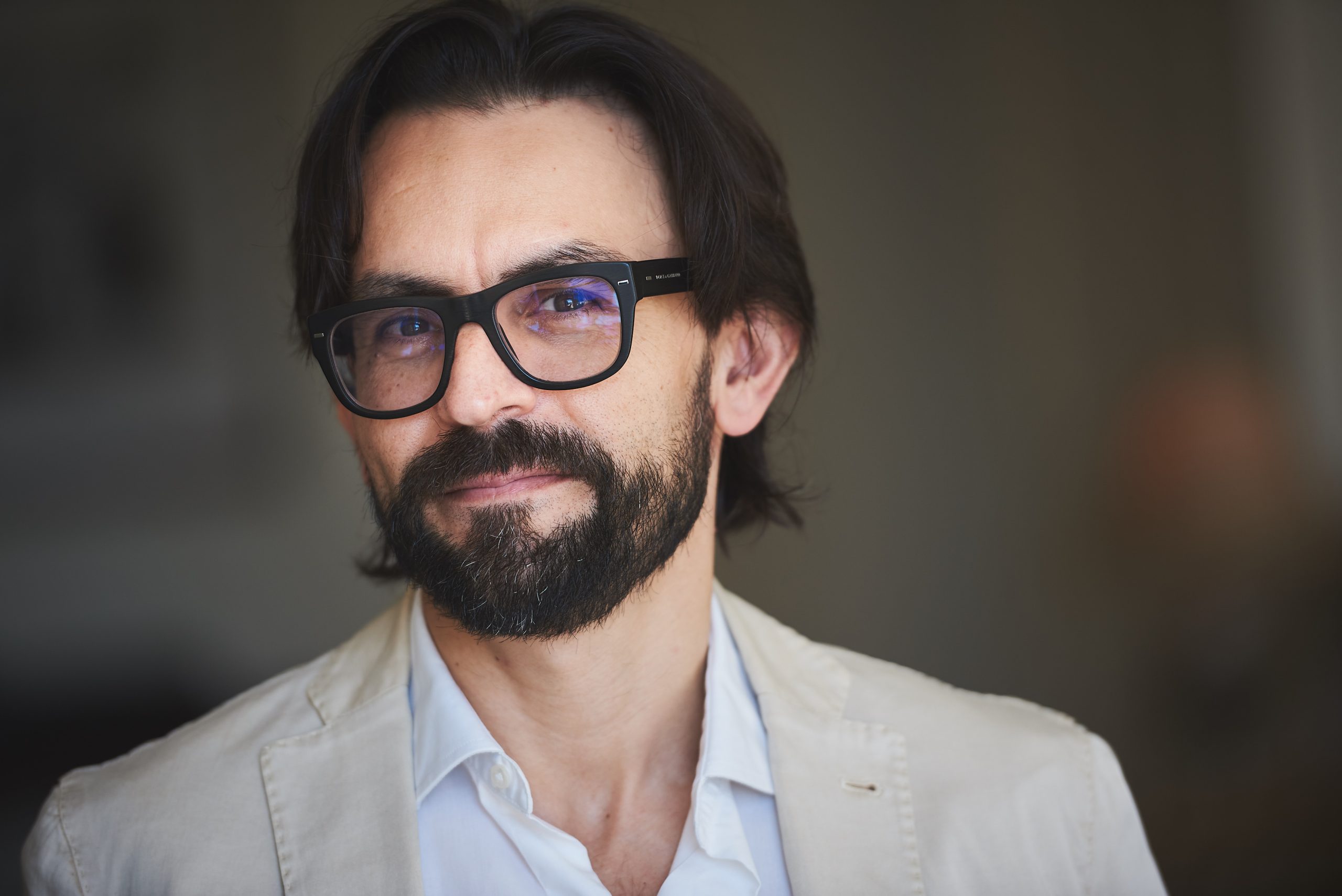ConcenSys and Ethereum : Interview with Philip Matov (All Interviews)
ConsenSys was found in 2014 by Joseph Lubin only a few months after the foundation of Ethereum. Today, it is the world’s largest blockchain technology company for enterprises and governments. While Ethereum is managed by the Ethereum foundation, Joseph Lubin who is one of the co-founders of Ethereum, started ConsenSys with the mission to build the tools and develop the ecosystem of Ethereum. The Ethereum protocol was managed by the foundation, and there was a for-profit-organization ConsenSys which was managing, creating, building the infrastructure and the tools that would help them build the ecosystem.Today we are a little around 700+ people of experts, entrepreneurs, computer scientists, designers etc. We are represented in many different places around the world such as the US to Asia, Europe to Africa and Australia. We started off as a venture production studio, meaning investing in a lot of new businesses where we saw huge potentials. We were helping to develop these businesses to a certain point in their development. At that point, we start using our connections from the infrastructure we have build to support use-cases in larger enterprises and governments. We provide capital to companies that are in need of that, especially infrastructure solutions, which most of them are making the base of most widely used enterprise blockchain solutions today.
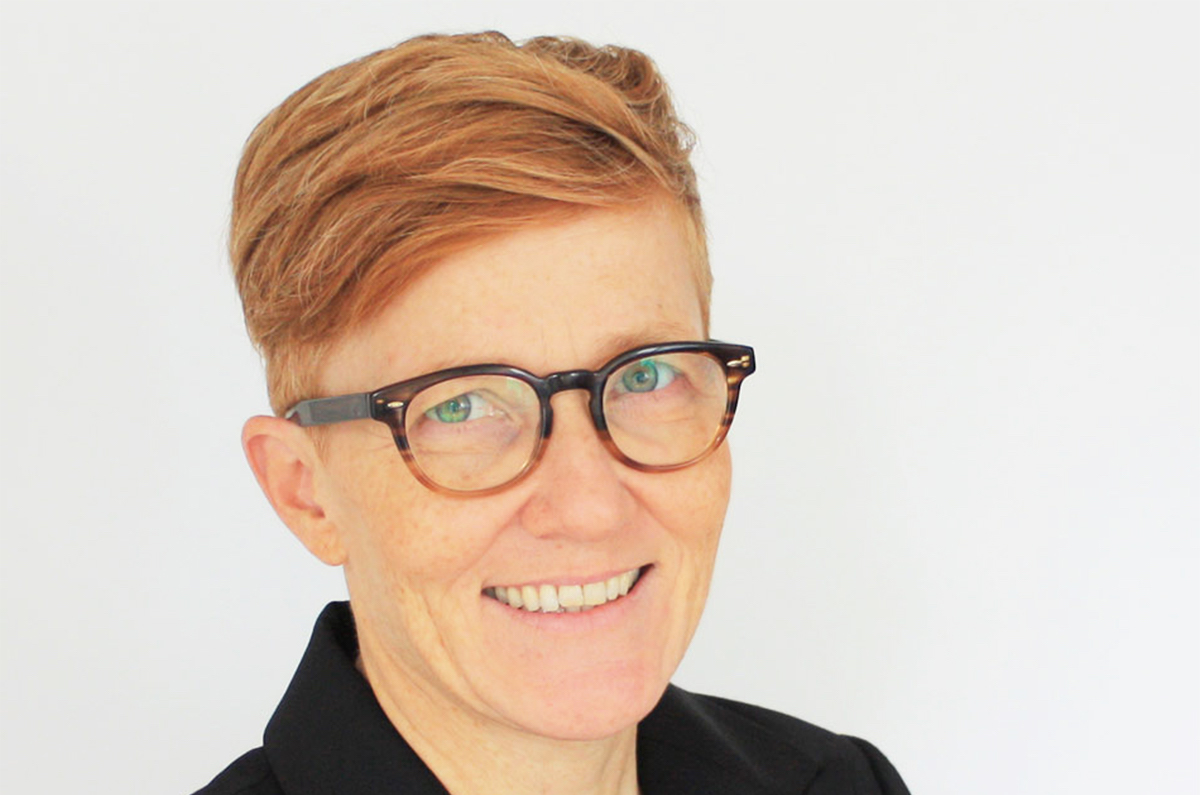 Interview
Interview

